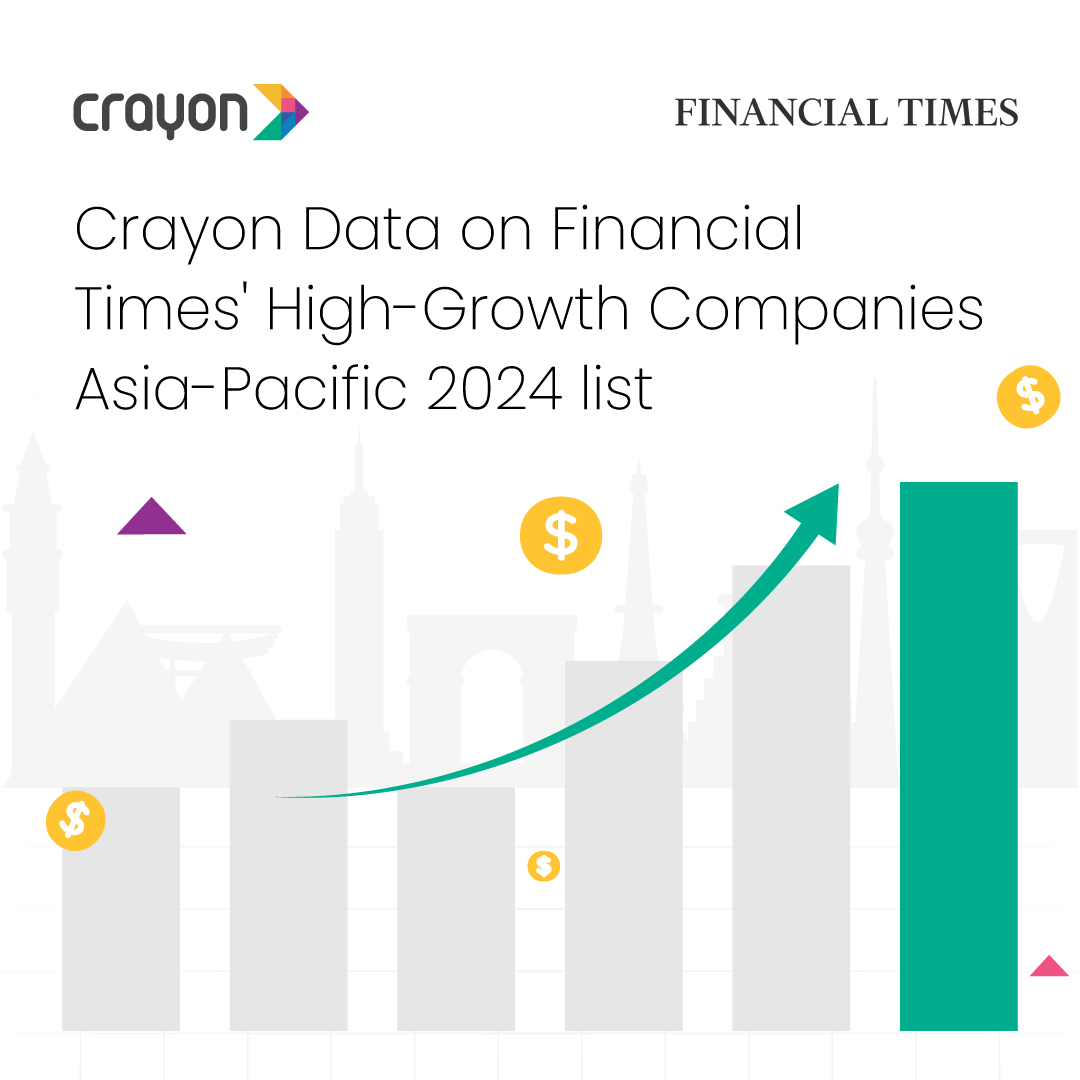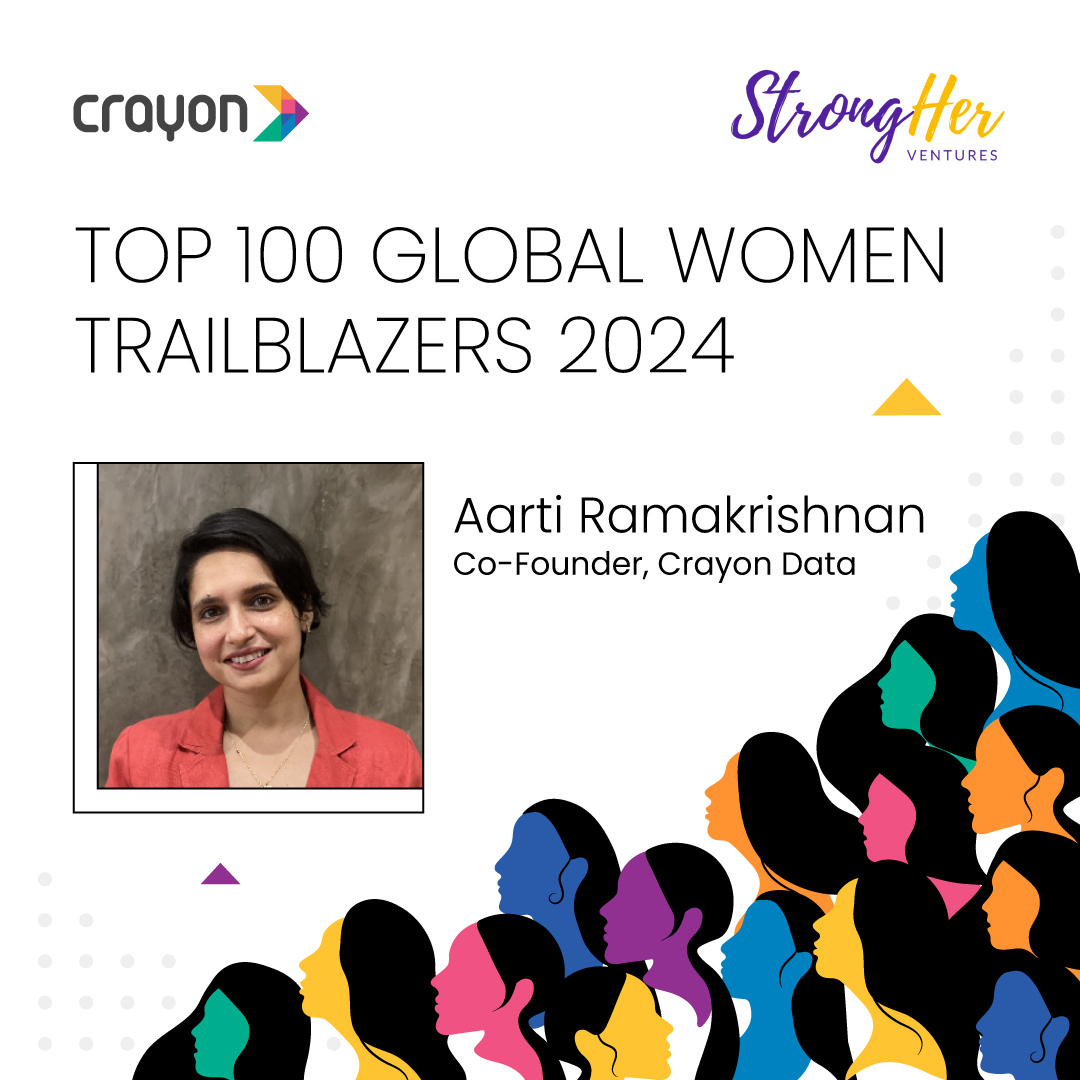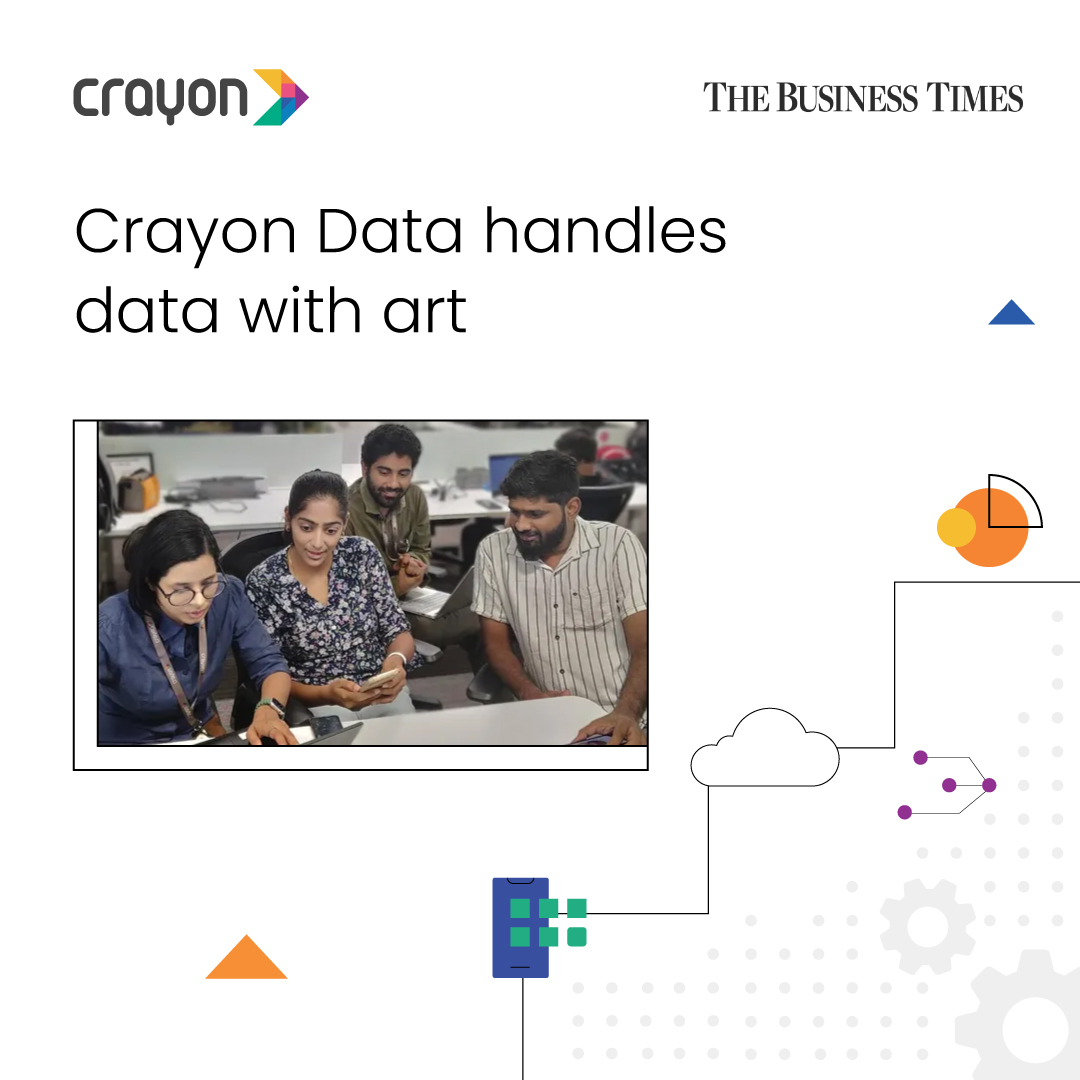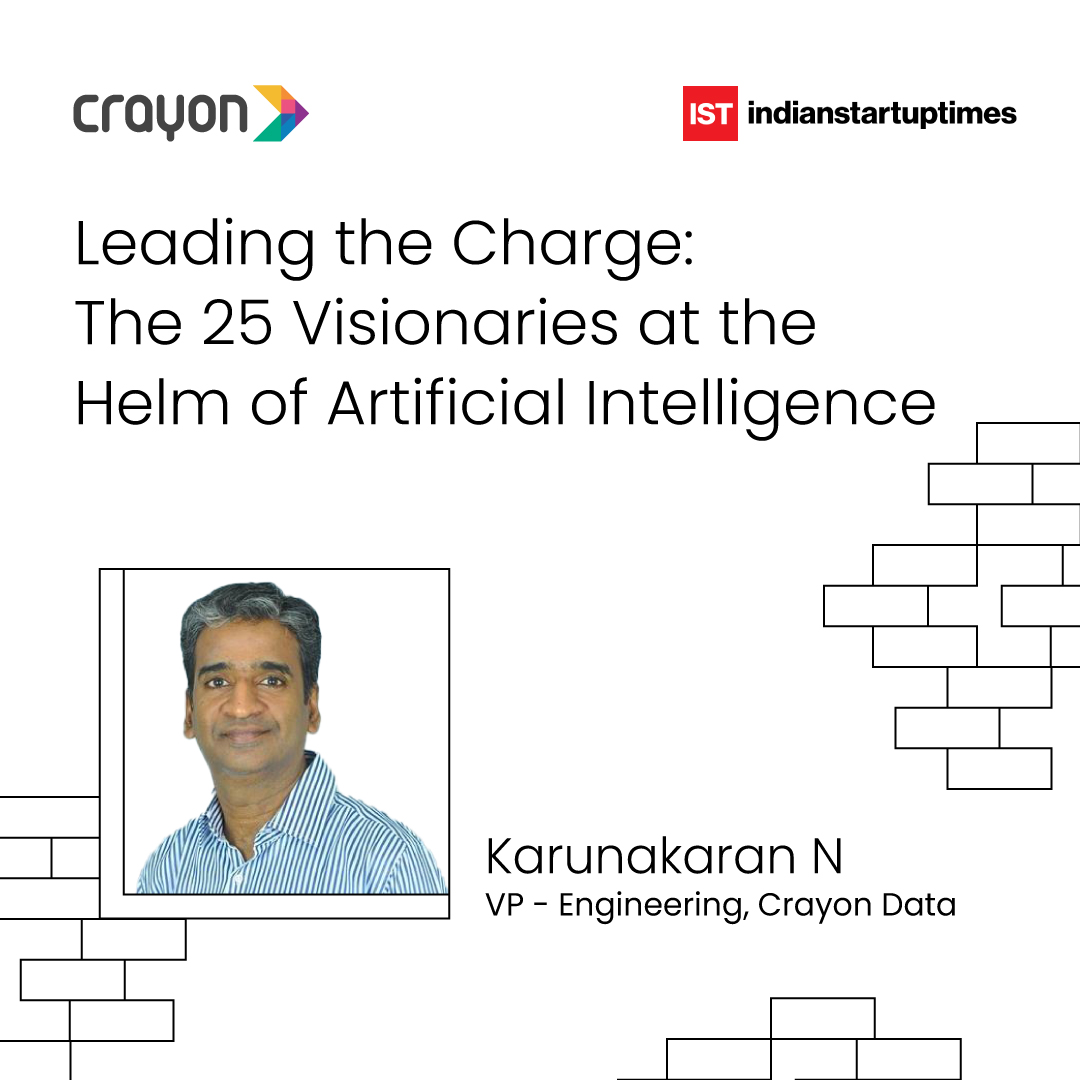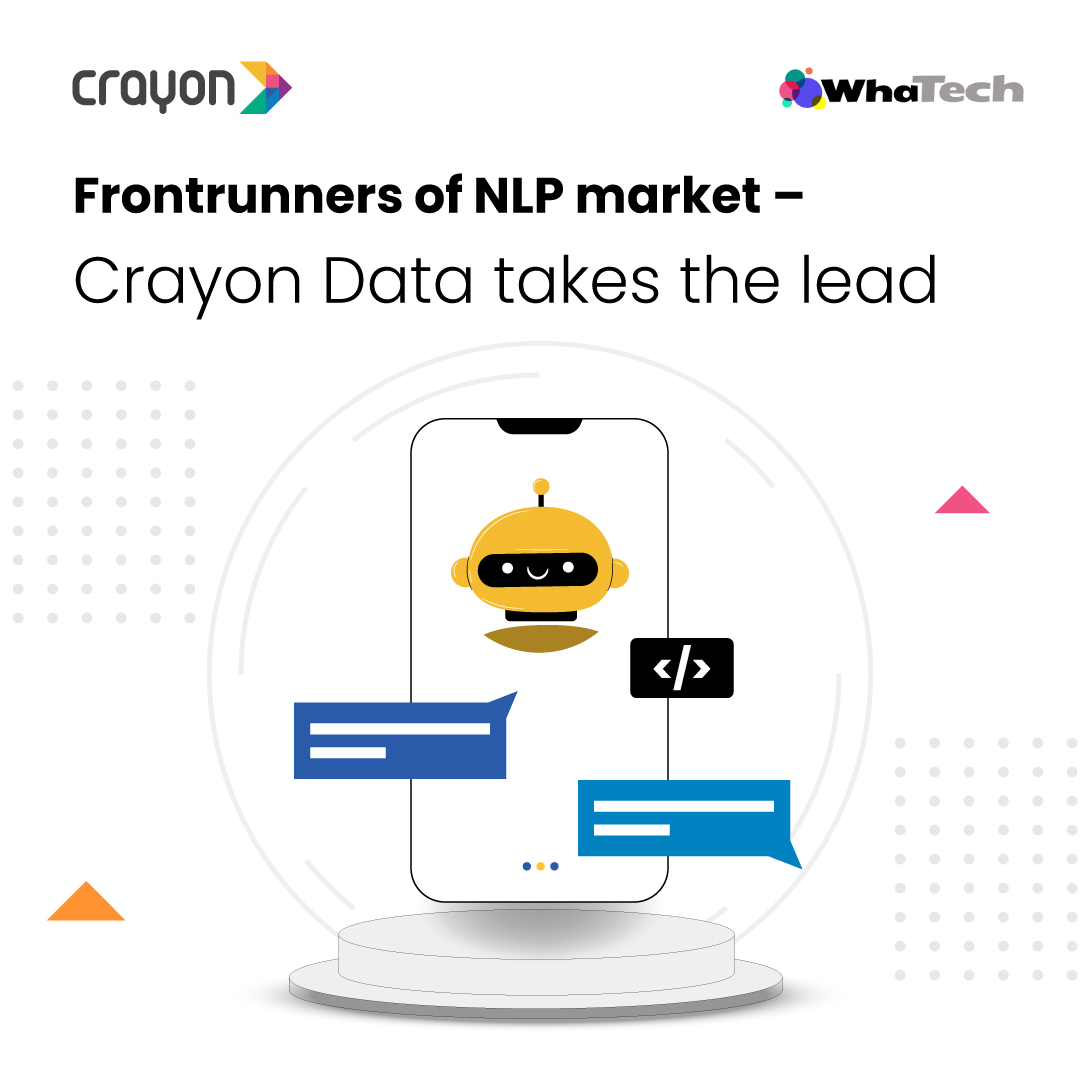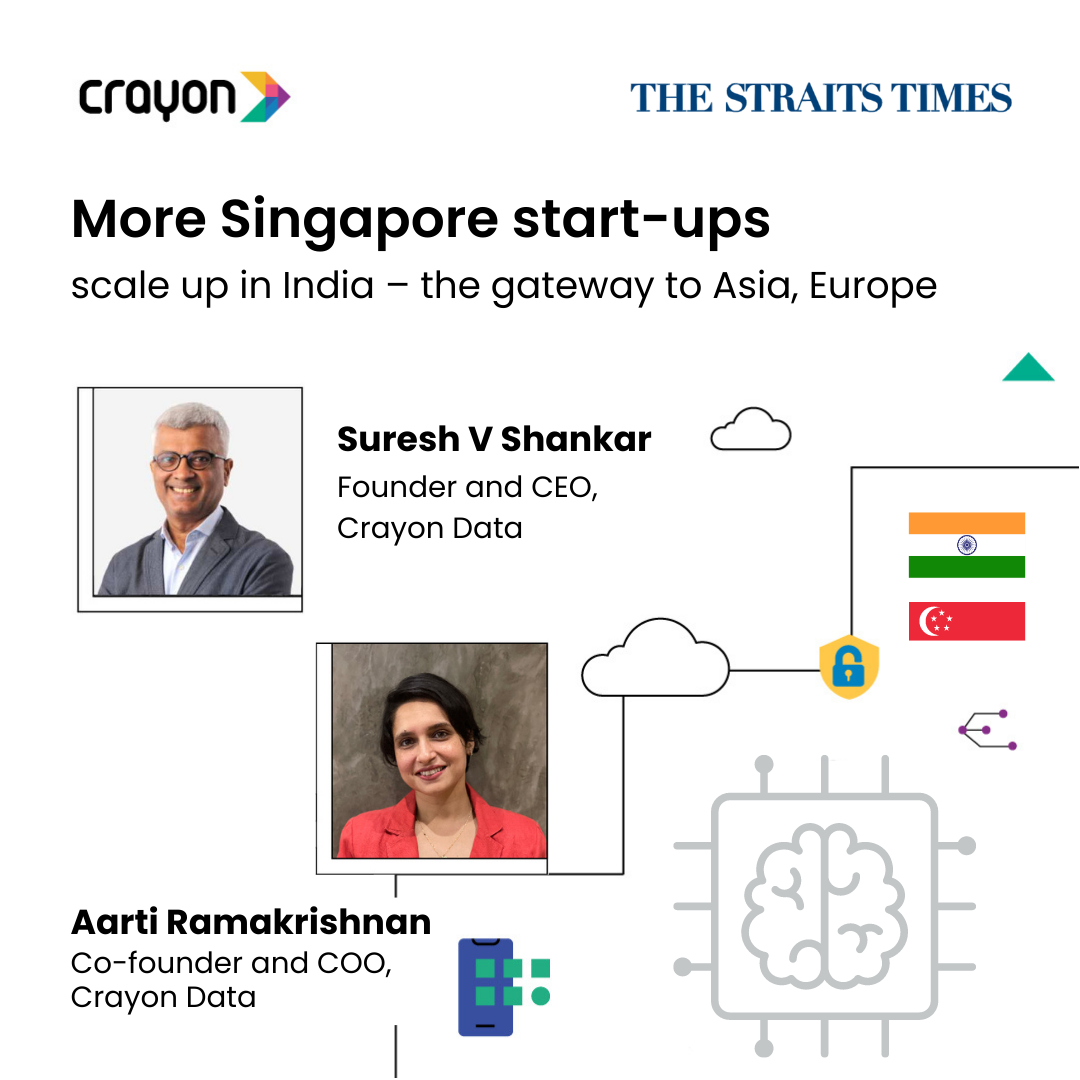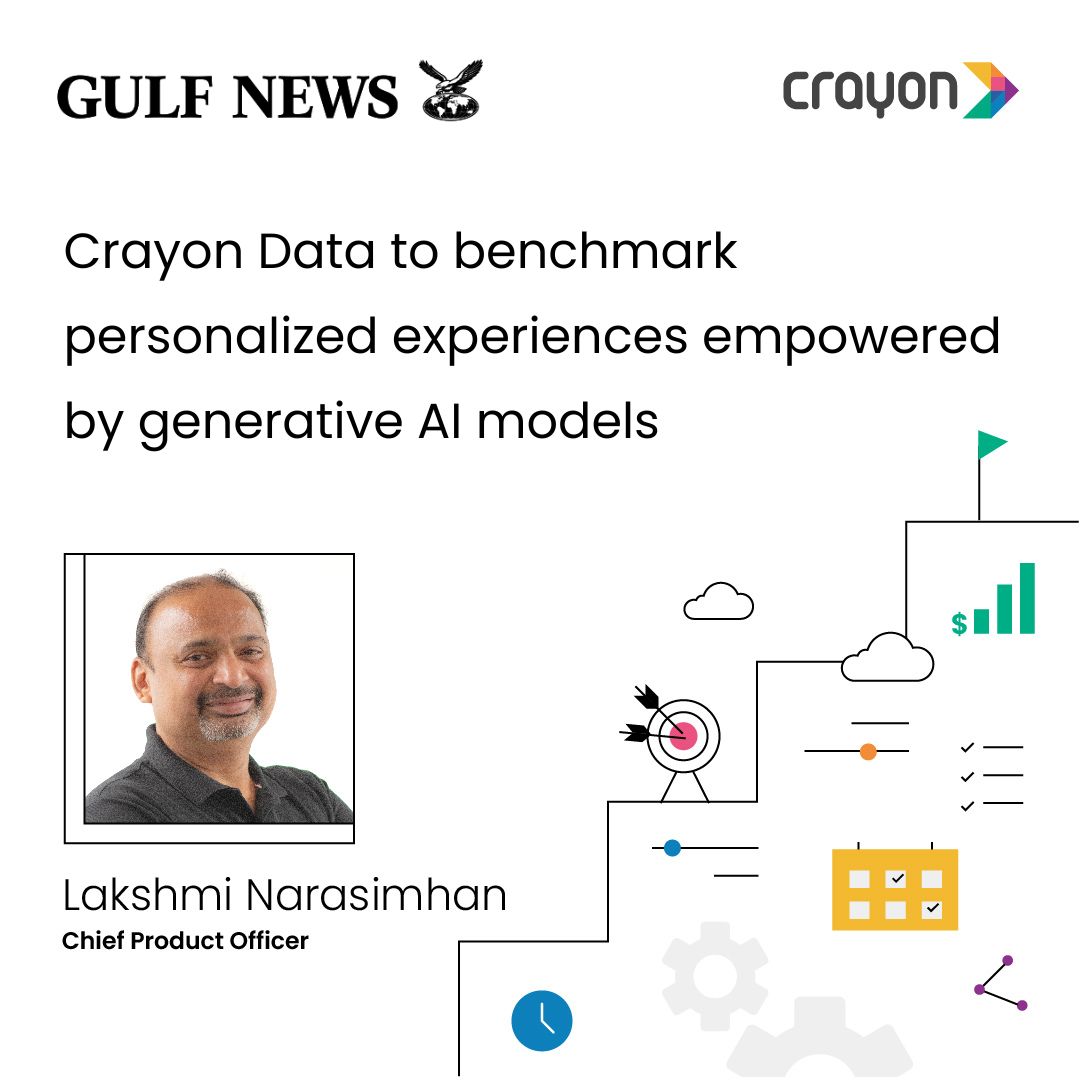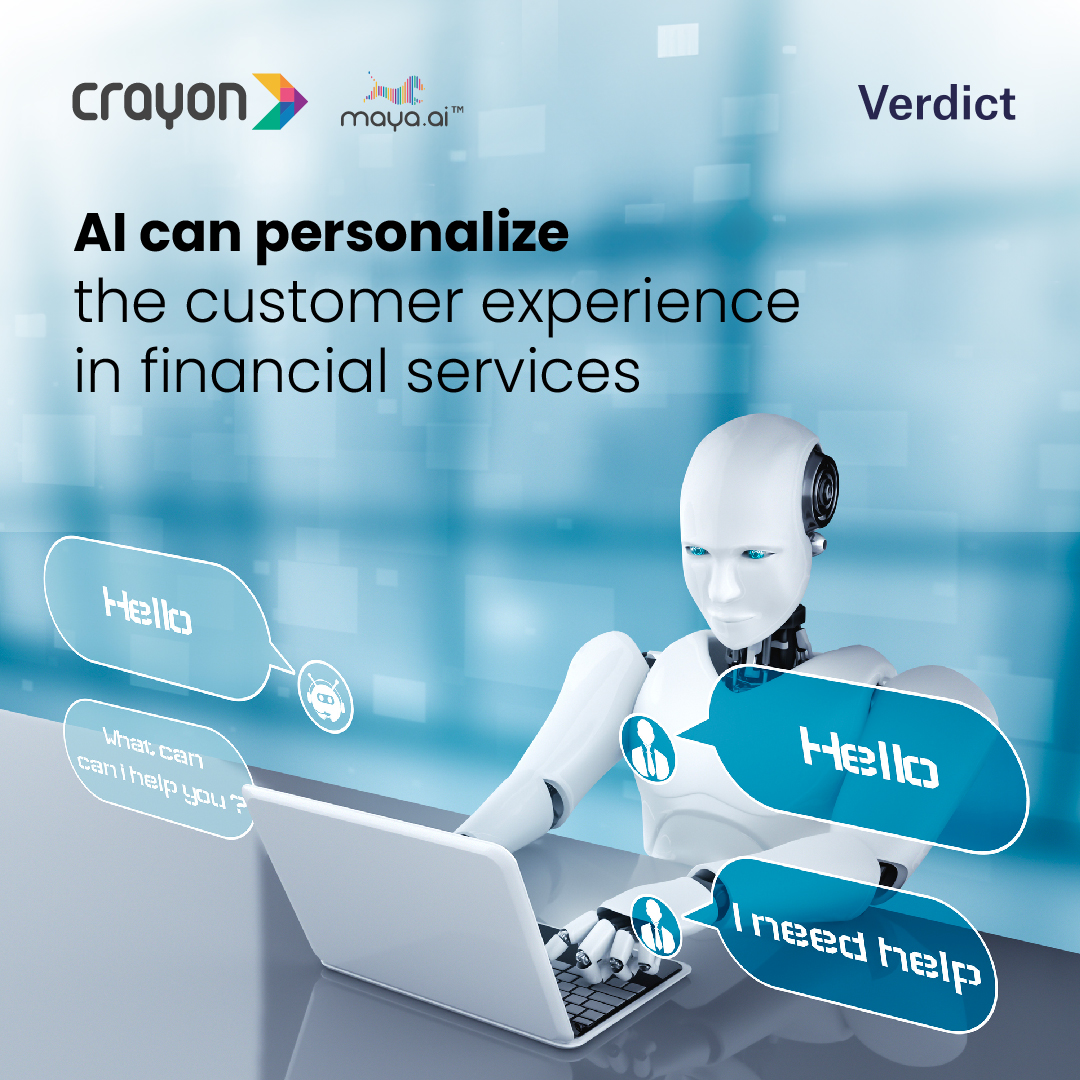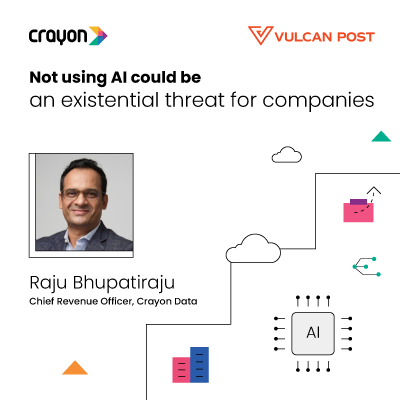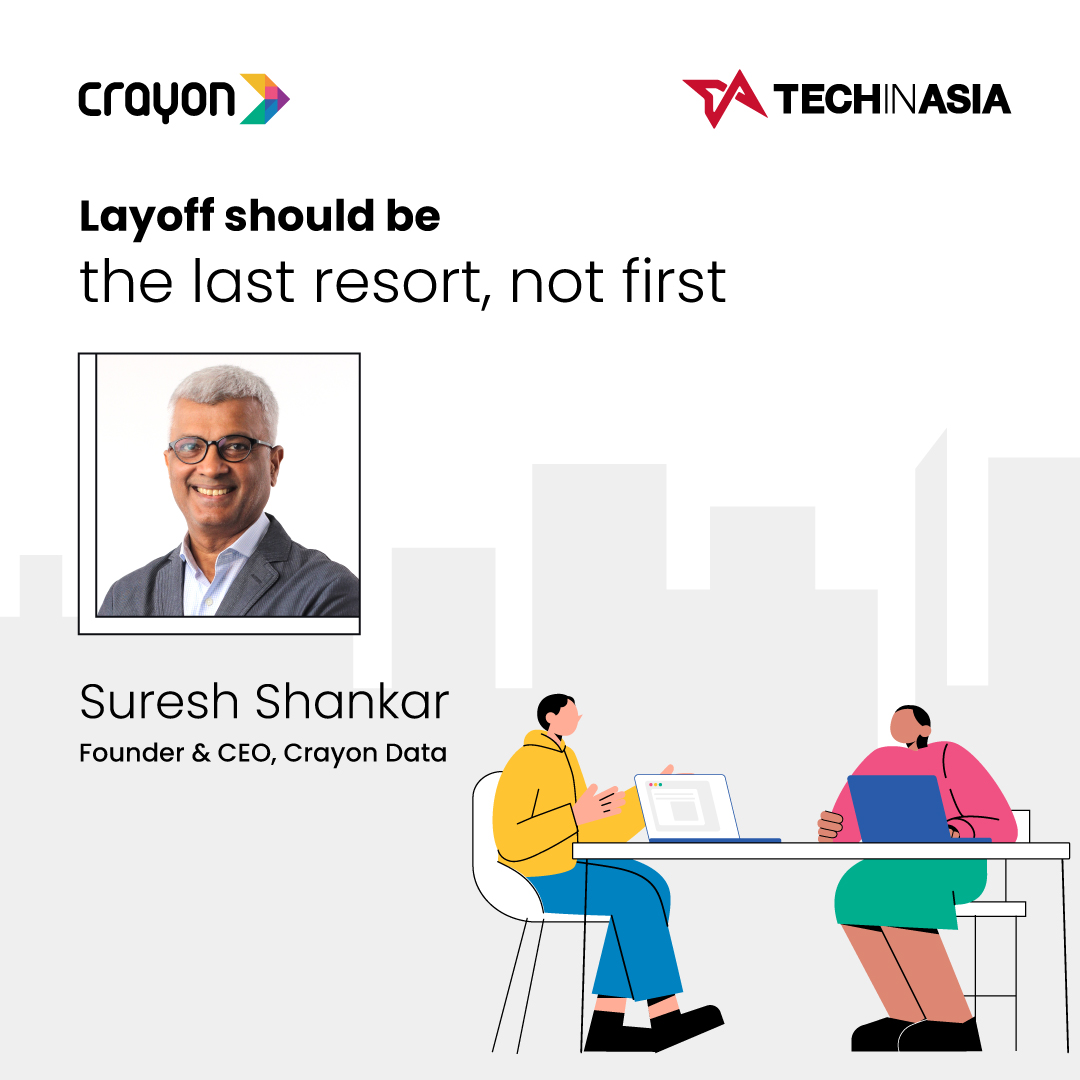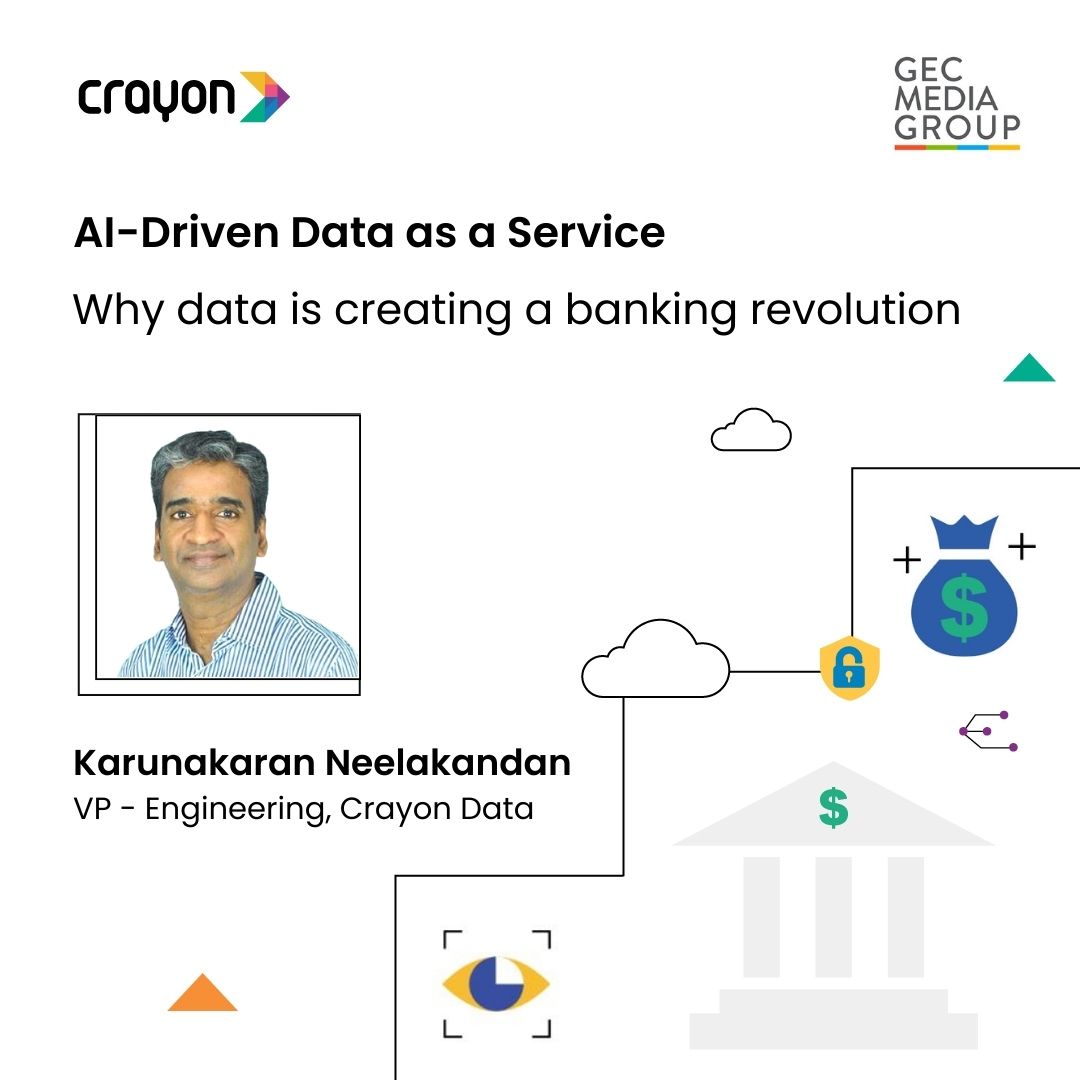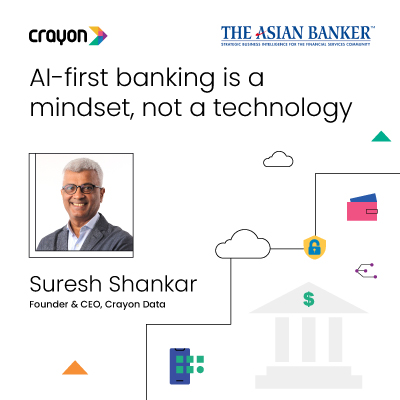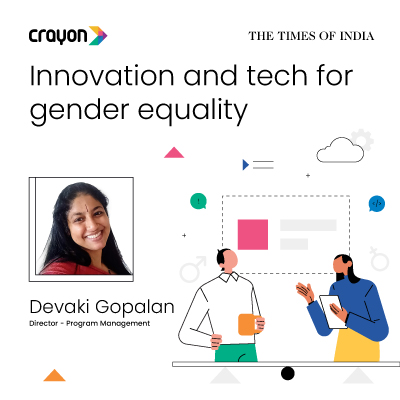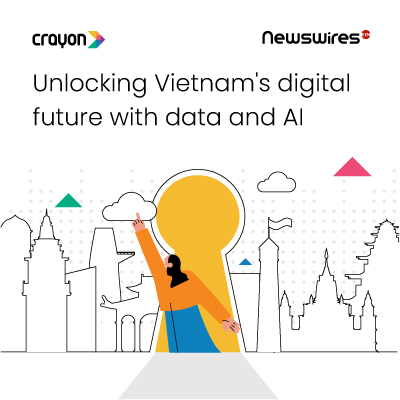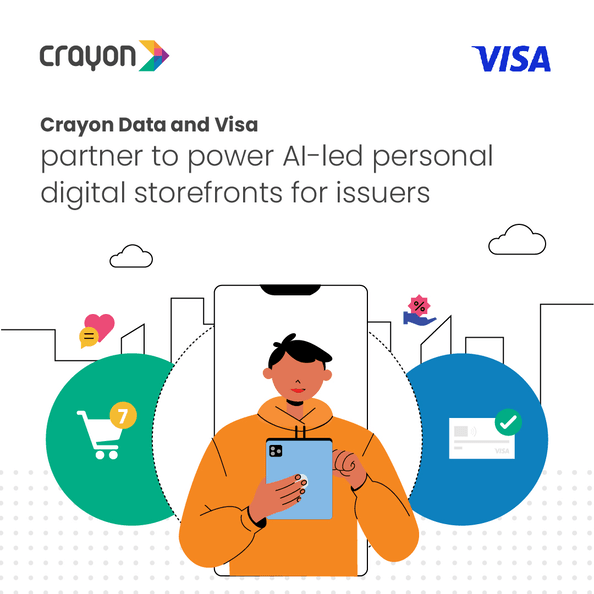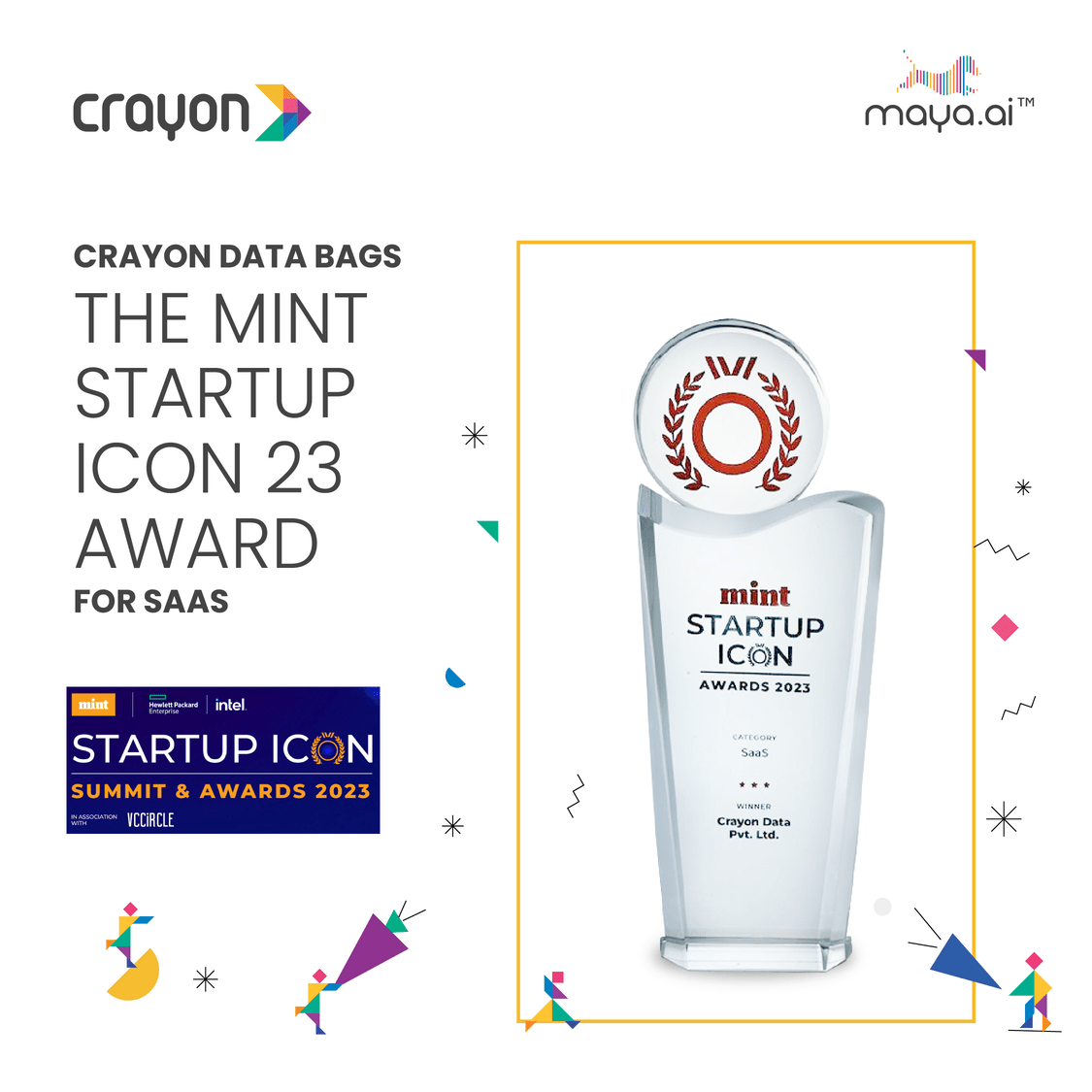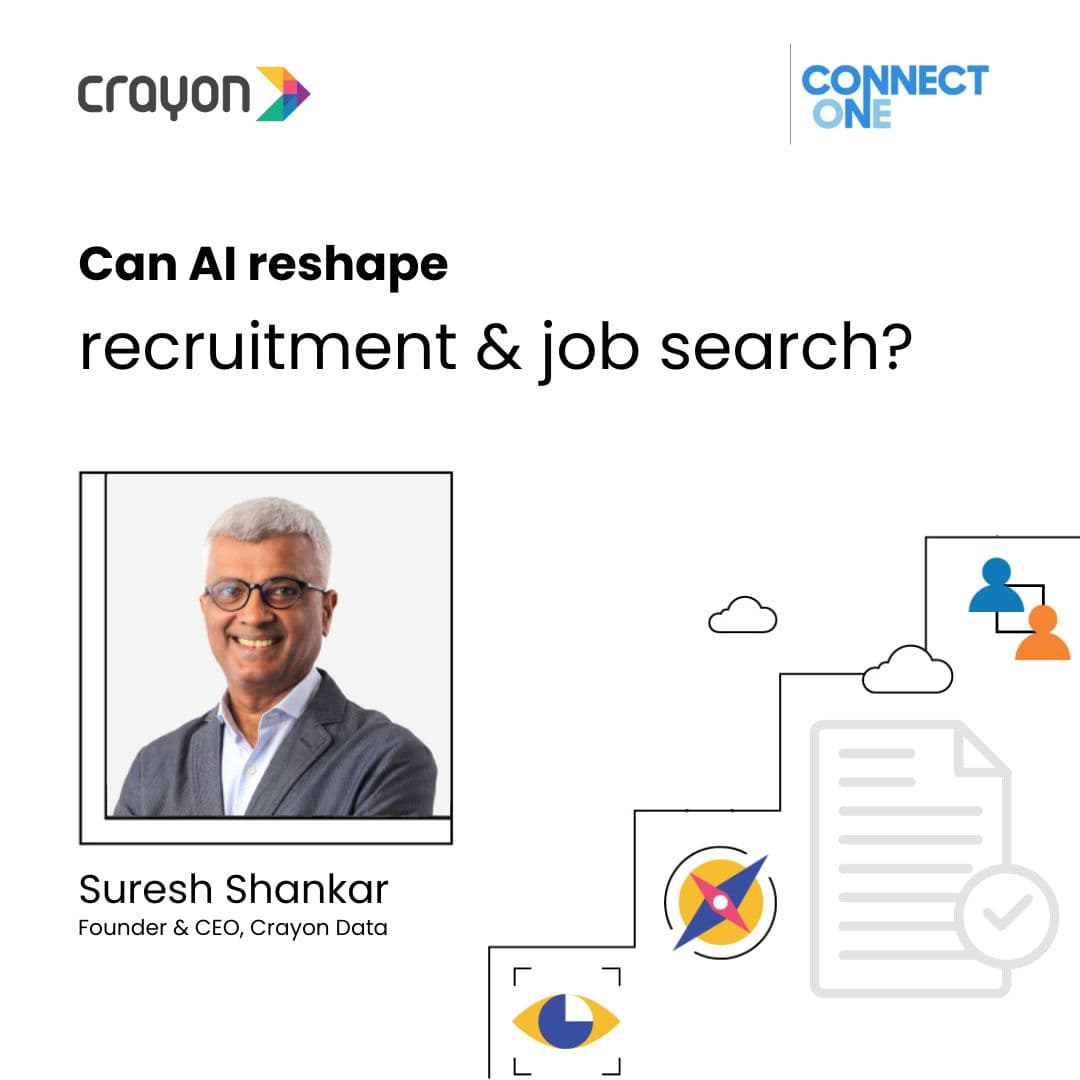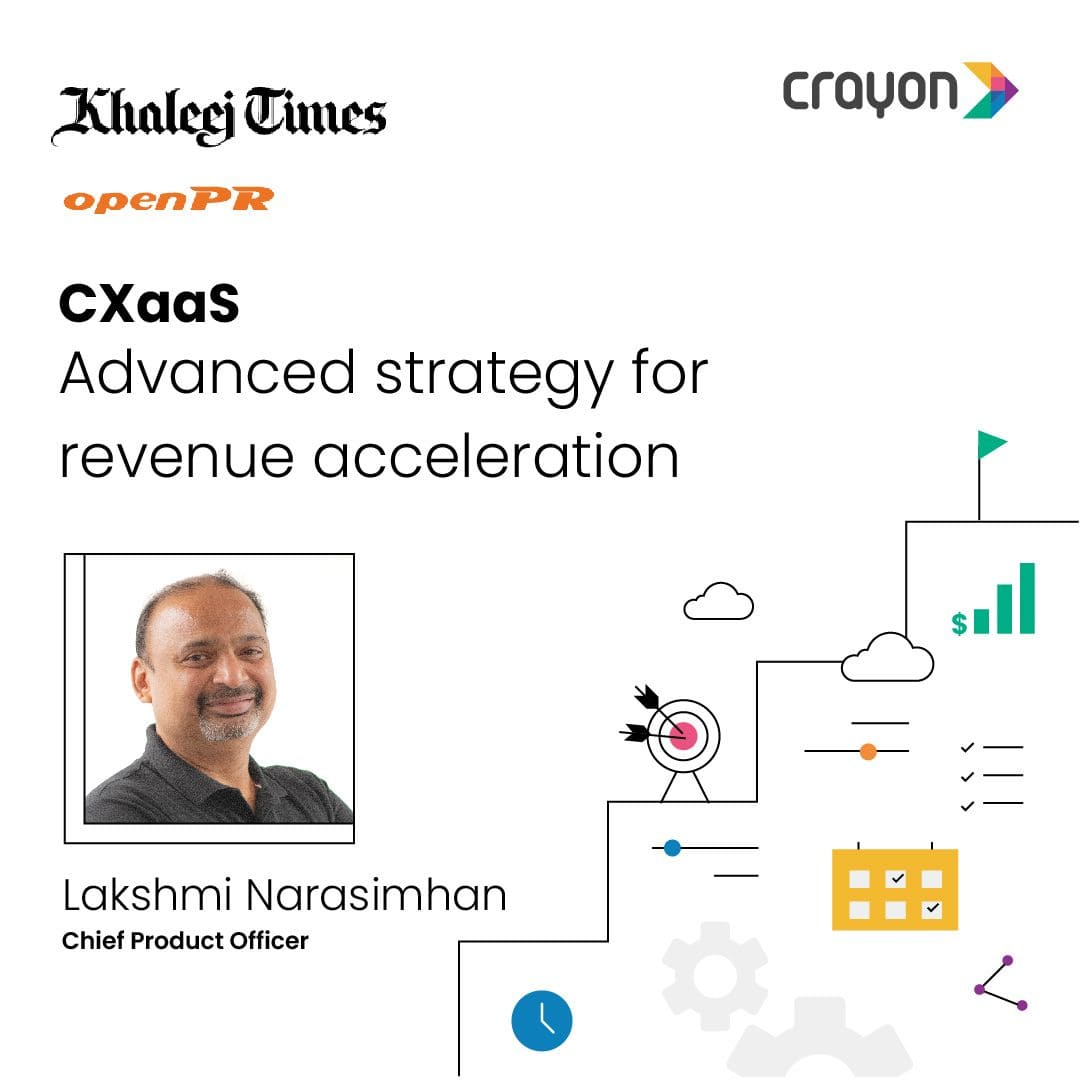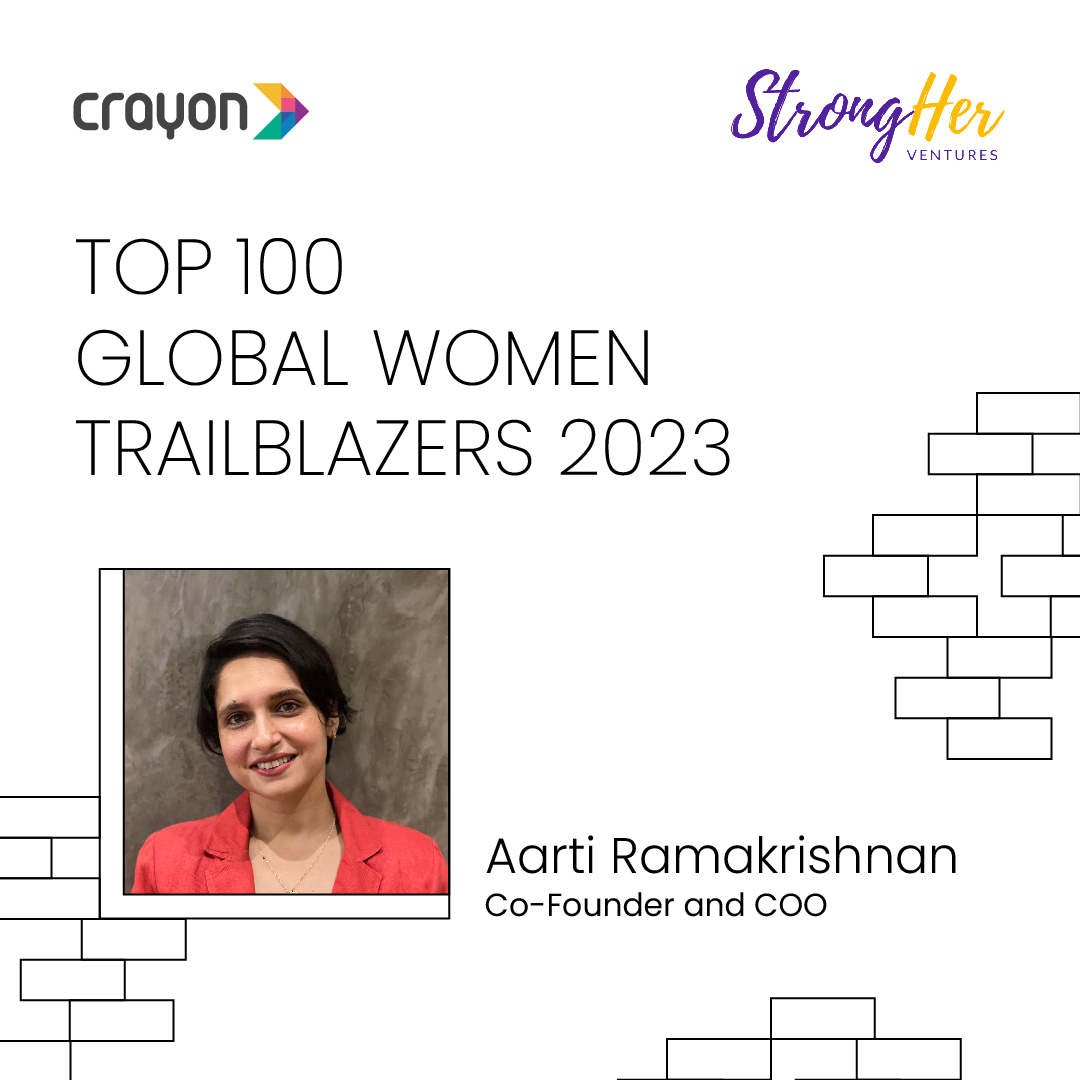
Suresh Shankar, CEO and founder of Crayon Data, was recently interviewed by Elets Banking and Finance. In the conversation, Suresh discusses the need for relevance in financial tech, Crayon’s role in the growing FinTech ecosystem, and future plans. Read the full interview below:
Innovation in Payments and Rise of Fintech, Digital to Lead 2021: Suresh Shankar, founder and CEO, Crayon Data
Source: Elets Banking and Finance, 5th January 2021
“Destroying all conventional notions, innovations in payments are now mainstream and Fintech, while still in its early stages, is clearly the next wave. In sync with this, our 2021 plans at Crayon Data will center around connecting the two sides of the digital marketplace: merchants and consumers. We are aiming to work closely with more banks and digital wallets to place ourselves at the heart of the fintech ecosystem,” said Suresh Shankar, founder, and CEO, Crayon Data, in conversation with Elets News Network (ENN).
- The outbreak of covid-19 has brought several significant changes across industries. What changes and challenges did you witness in the leadership role and how did you handle them?
Start-ups are fundamentally driven by people and depend heavily on interaction. The need for clear communication and collaboration is now higher than ever before. And remote working makes all of this more difficult.
While aspiration and ambition are great, in a crisis execution and speed take precedence. Survival becomes the most important priority. As leaders of the company, we changed our frame-of-mind and had to think long term. We asked ourselves, how can we thrive in the new world? What will change and how should we adapt as a result of that?
We conducted an exercise we called “Re-imagine Crayon” to analyze how we can better position ourselves in a post-pandemic world. And with that came a slew of activities and a strategic refocus of our product and propositions.
Back in April 2020, I wrote a blog about a piece of advice I’ve tried to follow since: character is destiny. In a world where there is no playbook to follow, one’s future, or destiny, is determined by one’s own inner character. Living by that advice, I have sworn to lead by example; to be out in the frontline of everything, right beside my employees.
- Crayon completed 8 years of its operational journey in June 2020. What major accomplishments did you see in the last year?
2020 has been good to Crayon. While it has been a year of major ups and downs for the world, I’m proud to say we’ve weathered the storm fairly well at Crayon. We added new logos, renewed our clients and signed one of our longest-tenured contracts ever. We grew 65% in annual recurring revenue and almost 25% in revenue.
The “Re-imagine Crayon” exercise also set us up for some profound changes in the way we run our company. Recognizing that the new world is going to be largely digital, we kickstarted initiatives to digitize our sales processes and collaterals. We refreshed both our corporate Crayon Data brand, as well as our product brand, maya.ai. The exercise sharpened our company’s positioning to become more relevant to our clients and prospects.
We’ve also identified new pillars where our AI capabilities can help our clients (beyond the personalization space). This is an exciting opportunity for us to expand on one-step adjacencies from our core capabilities and serve a much larger market while still remaining in the banking and financial services verticals.
- You started as a big data and analytics company. Are you planning any expansion in 2021?
In a start-up you always want to be thinking about where you are headed. When I started my first venture, RedPill Analytics in 2000, analytics wasn’t even a thing. But I eventually sold the company to IBM in 2009. Similarly, big data and analytics wasn’t thriving when Crayon started, but it blew up in 2017.
While we need to execute for today, we’re constantly thinking about the trends coming our way. Scott Galloway recently wrote about how the reduction of choice will be the biggest driver of shareholder value in the next decade. Unlike the previous decade where technologies that increased choice unlocked shareholder value, we’ve now reached a staggering realization that more choice is not a good thing. Crayon is dedicated to just that. To drive relevance by providing consumers with 4 to 5 highly personalized choices. And to help enterprises unlock the value of two-sided, personalized digital marketplaces with our AI and big data capabilities.
Our 2021 plans will center around connecting the two sides of the digital marketplace: merchants and consumers. We aim to work closely with more banks and digital wallets to place ourselves at the heart of the fintech ecosystem.
- Are you expecting a digitally-driven world in the Post-Pandemic? How is Crayon ready for it?
We’ve seen 4 key changes in the digital landscape.
1) For consumers: discovery and spending has moved online. Over 63% of consumers today shop with online retailers.
2) For merchants: it is no longer a ‘nice-to-have’ to be online. To survive, retailers must make the move to the digital world.
3) For enterprises: the WFH and hybrid model is here to stay. The nature of work itself is massively changing and is going digital.
4) For B2B sales: startups and enterprises alike now need to sell and deliver without being ‘in the room’ with the customer.
However, if there’s one thing the pandemic has taught us, it is that humans are social creatures. We’re all desperately in need of face-to-face interaction.And that will come back in big ways in the second half of 2021. With that said, we expect everything to move towards a hybrid model starting from 2022.
- What major trends are you projecting for the BFSI sector in 2021? Your plans to match them?
Digital wallets and payments are taking over the world. Innovations in payments have become mainstream and destroying all conventional notions. New kinds of credit companies and models of lending are coming up big time. Think buy now pay later (BNPL) and mobile-only microlending.
Fintech, while still in its early stages, is clearly the next wave. We see many banks trying to do it on their own, be it in wealth management or their investment products. With many newcomers in the fintech space (e.g., Robinhood in the west), it will eventually become democratized and digital.
People expect innovation to happen quickly, but it requires time for it to cross the chasm. The real question is: who’s going to win? Will disrupters win and become big? Or will conventional banks beat them at their game? In payments, it’s the newcomers who are winning. Two great examples that come to mind are Google Pay and Apple Pay. In fintech, the jury is still out. Another possibility is that new fintech companies and innovators will succeed, but they’ll be bought over by existing banks at some later point in time.
Lastly, we have to accept that regulators will play an increasingly bigger role. If we look at what happened with ANT Financial, they will step in now and exert their influence in the BSFI space.
- Where do you see Crayon in the next two years?
In the next two years, we plan to onboard 5% of the global market of cardholders (credit, debit card and digital wallet users). That’s half a billion users. We have a solid go-to-market strategy to innovate around our core of personalization and an exploding fintech space.
Whether this means making ourselves relevant to new products or new types of banking instruments. Or new business models that connect different players in the ecosystem. An example of this is our current efforts to build up the supply-side of the two-sided marketplace model with what we call the Bazaar of our maya.ai platform.
We believe that the need for relevance will not go away. As Scott Galloway and Harvard Business Review have rightly put, consumers now demand less choices, but to be more confident in the ones that are presented to them (and subsequently the ones they choose). Simply put, there are too many consumers and too many choices out there. Crayon’s mission is to create a global matching engine to solve something big for the world.
